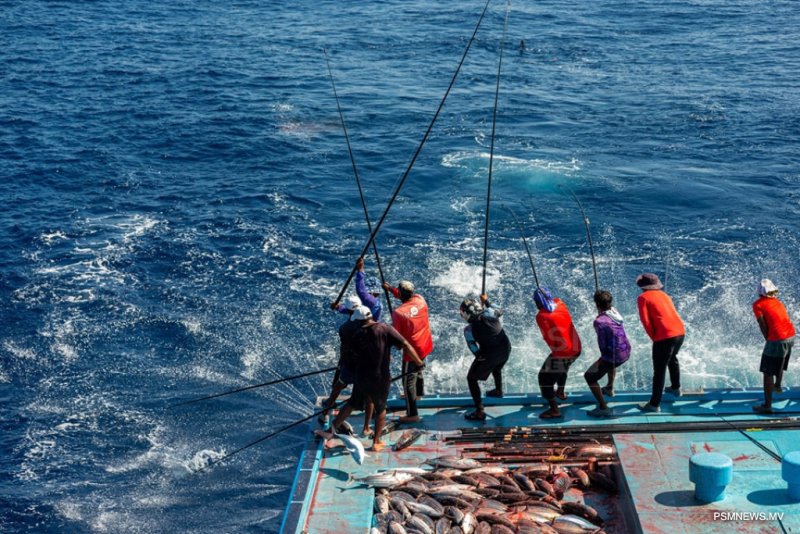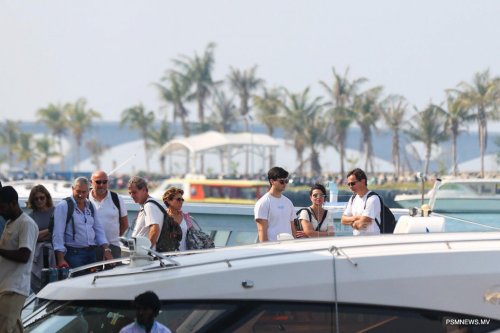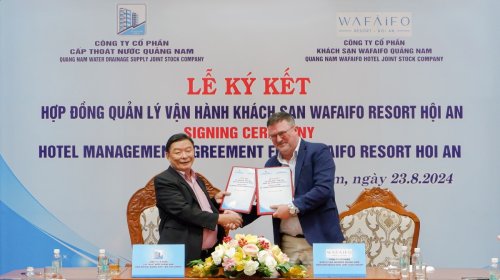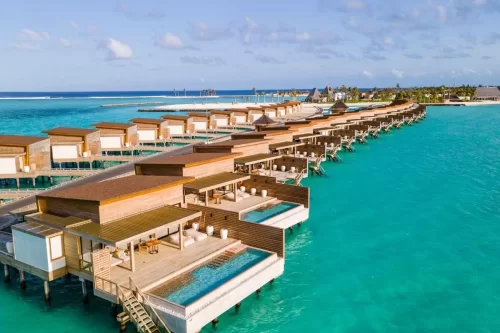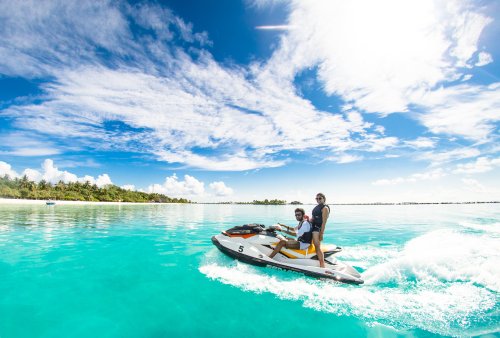Since foreign-flagged vessels began conducting longline fishing in the country's waters in 1985, the Maldivian government has opened and closed the activity multiple times. The nation temporarily resumed longline fishing for fishermen in 2011 after limiting the practice in 2010 due to management concerns. The government most recently stopped awarding new licenses in 2019 as a result of vessel noncompliance and anomalous data.
The Maldives Ocean Alliance, a group made up of NGOs, scientists, environmental advocates, and private sector investors, along with the Yellowfin Tuna Fishermen's Union, is worried about the granting of new licenses for longline fishing in the Maldives. The main concern is that this practice could pose serious risks to the environment, the economy, and reputation. For this reason, the group has launched a petition encouraging anyone with concerns to voice their opinions on the matter.
Scientists supporting the petition claim that the new longline licenses could jeopardize the equilibrium the Maldives have struck—one that manages the resource while simultaneously giving communities economic opportunities and enabling other sectors of the Maldivian economy, like tourism, to grow.
"Allowing longline fishing puts vital fish stocks in jeopardy, which poses serious dangers to local lives and food security. "It would bring in competition that threatens the financial security of regional fishermen whose livelihoods rely on sustainable fishing methods," stated Shaha Hashim, who is also a member of the Maldives Ocean Alliance and chairs the conservation NGO Maldives Resilient Reefs. "Traditional fishermen may be impacted by further reductions in bigeye and yellowfin tuna stocks, as they would be up against organizations capable of capturing substantial amounts of fish using longlines. The Maldives' designation as a shark sanctuary is in jeopardy since the draft legislation permits the landing of shark bycatch. Sharks are essential to fisheries, tourism, and the ocean, yet their numbers have decreased by more than 70% over the previous 50 years.
An important part of the Maldives' economy is tourism, and visitors flock here to see the nation's marine biodiversity, which includes manta rays, seabirds at risk from longline bycatch, and endangered shark species.
On the other hand, bycatch rates from pole-and-line fishing are incredibly low—roughly 0.65% of the overall catch. According to Maldives Ocean Alliance, the majority of bycatch species resulting from pole-and-line fishing are pelagic fish species, and they frequently have little effect on species that are crucial to Maldivian tourism.
Pole-and-line bycatch is also frequently sold on the local market or eaten by fishermen themselves, resulting in a little amount of dead animal waste at sea.
Since 2009, the Maldives has prohibited shark, manta ray, and turtle fishing in its waters, making it a global pioneer in ocean conservation. Resuming longline fishing would be a very effective way to ruin that well-deserved reputation and wipe off famous maritime animals." Professor of marine conservation at the University of Exeter in England, Callum Roberts, stated.
According to the Maldives Ocean Alliance, the hard-earned reputation was gained by initiatives like the 2010 introduction of a shark fishing and export ban in the Maldives, with the recovery that followed being hailed by many as a conservation success story. However, the group claims that longline fishing simply produces false, temporary financial rewards and jeopardizes any progress made in conservation.
According to the Maldives Ocean Alliance petition, "this recognition of the Maldives’ sustainability leadership brings economic benefits to the country not just from tourism but also, importantly, by ensuring the health of the Maldivian ocean, coral reefs, and coastal communities." Because of overfishing, longline fishing earnings are frequently fleeting, exceeded by the hidden costs of destroying nearby marine ecosystems. Governments are burdened by these expenses, which also deplete funds that could be used to fund more profitable and sustainable industries.
